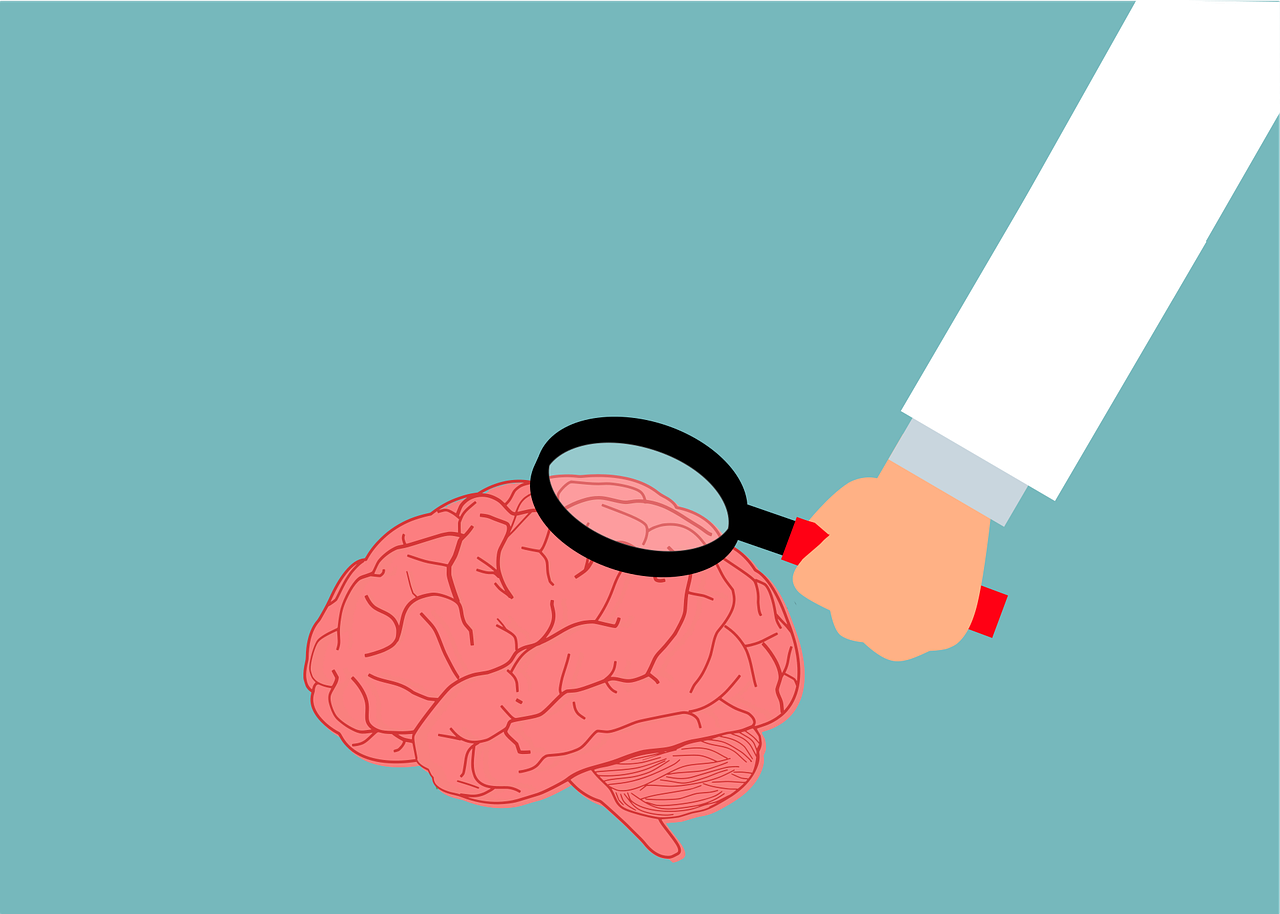
Part I - Self Analysis: 3 Different Paths to Identify What P.D. You Might Have
Please don’t end up reading the Definitions of Personality Disorders and instantly panic thinking “Oh my god, I’ve got Histrionic Personality Disorder and Paranoid Personality Disorder”, it’s time to sell the car and book my bed at the Refuge! That’s called “Doing a doctor Google”, as if you Google the symptoms of almost any disease you’ll find have at least half the symptoms! So DON’T PANIC. Be intelligent and go through a few self-analysis methods….. and then sell the car, lol.
How Can I Tell If I Have a Personality Disorder Anyway?
OK, so let's dive into the world of personality disorders a bit, shall we? According to the Diagnostic and Statistical Manual of Mental Disorders (DSM-5), all personality disorders share a handful of core features that set them apart from what we'd typically consider "normal" personality traits. But it's also important to remember that each personality disorder comes with its own unique set of traits and symptoms.
Arranging the order of these self analysis “tools” was as confusing as the disorders themselves, so please bear with us, we’re sure you understand.
We’ll present “Which Disorder Might I Have” analysis tools in 3 parts:
Symptoms Grouped by Behaviour, and therefore likely disorder
Personality Disorders Defined: Clinical, No Frills Definitions
The SA3 Questionnaire: A New Method Having Huge Success
Remember. ALL self analysis depends on your self view, honesty and mood, so please use these tools maybe once a day over a week to get a more accurate “averaged” result.
Here are “behavioral signs” grouped under their associated types of personality disorders...
While the above intro gives you an idea of what to expect, listed below is an Index of the 35+ pages of information contained just in Part 1 ... There's So Much More, Read On
We Ask "How Can I Tell If I Have a Personality Disorder Anyway?"
● Symptoms Grouped by Behaviour, and therefore likely disorder
● Personality Disorders Defined: Clinical, No Frills Definitions
● The SA3 Questionnaire: A New Method Having Huge Success
Then Offer Symptoms Grouped by Behaviour and therefore likely disorder - The “Thumbnail” look at What PD You Might Have
- Cluster A (Odd, eccentric thinking or behavior)
- Cluster B (Dramatic, overly emotional, or unpredictable thinking or behavior)
- Cluster C (Anxious, fearful thinking or behavior)
Then Onto, Personality Disorders Defined: No Frills clinical Definitions For All The PD's Listed Below - More In-Depth than the "Thumbnail" look
- Paranoid Personality Disorder (PPD)
- Schizoid Personality Disorder (SPD)
- Schizotypal Personality Disorder (STPD)
- Antisocial Personality Disorder (ASPD or APD)
- Borderline Personality Disorder (BPD)
- Histrionic Personality Disorder (HPD)
- Narcissistic Personality Disorder (NPD)
- Avoidant Personality Disorder (AvPD)
- Dependent Personality Disorder (DPD)
- Obsessive-Compulsive Personality Disorder (OCPD)
- OK, So What’s the Difference Between OCD & OPCD?
Then we Explain & Go Over a Few Other things in Detail:
- Nature of the Disorders:
- Focus of Obsessions and Compulsions:
- Impact on Functioning:
- Wait a Minute, Where Have You Put Psychopaths & Sociopaths?
Then We Cover the New, Novel & Popular - SA3 Method Questionnaire: New Method Having Huge Success
- Before you answer YES to any question, ask yourself, “Do I have difficulty, avoid or struggle” 50% of the time or more with any of the issues raised by the questions, otherwise it’s a SOMETIMES or a NO
- First we sort YES answers by Cluster Type, i.e. we “rough sort” the personality disorder you may have by Type A, B or C Cluster.
- Cluster A: Odd, Eccentric
- Cluster B: Dramatic, Emotional, Erratic
- Cluster C: Anxious, Fearful
Then we drill down into the various disorders, and show the question answers you would most likely have said “YES” to if you are suffering from that particular Personality Disorder.
Here's An Example of Paranoid Personality Disorder (PPD:
Paranoid Personality Disorder (PPD):
Is a type of personality disorder characterized by pervasive distrust and suspicion of others. Individuals with PPD often interpret others' actions as hostile or threatening, even when there's no evidence to support these beliefs. They are constantly on guard for perceived threats, leading to a tendency for emotional detachment, hostility, and a pathological belief in their own self-importance. These traits can significantly impair social and occupational functioning, making it difficult for these individuals to form and maintain relationships.
Based on this definition, the numbered questions a person with PPD would most likely answer "YES" to include:
13 Delegation: Do I struggle to trust others with tasks, preferring to do everything myself?
35 Difficulty with Interpersonal Relationships: Do I have a hard time maintaining healthy, stable relationships?
39 Rigid Thinking: Do I exhibit inflexible thinking patterns that can hinder my ability to adapt or compromise?
53 Paranoia: Do I struggle with irrational suspicions or mistrust of others?
55 Detachment: Do I prefer being alone, avoiding social interactions and preferring to keep my distance from relationships?
57 Empathy: Do I find it difficult to understand and share the feelings of others?
59 Fear of Intimacy: Do I avoid close relationships due to fear of being vulnerable or hurt?
61 Control Issues: Do I feel an overwhelming need to control people or situations around me?
65 Sensitivity to Criticism: Do I react extremely negatively to any criticism, even if it's constructive?
What Do I do With All This Information: What Now?
This is THE most crucial step... it's all very well recognising your FAWS that need work, but how the hell do you go about doing that!
Whether you have a PD or not, we all have FAWS that need fixing to let us lead a more complete and happy life, and the ICR Method is one of the easiest "Everyone, DIY, 24/7" system we've ever come across.
Let us help you to help yourself... it's accessible, private and non judgemental.
